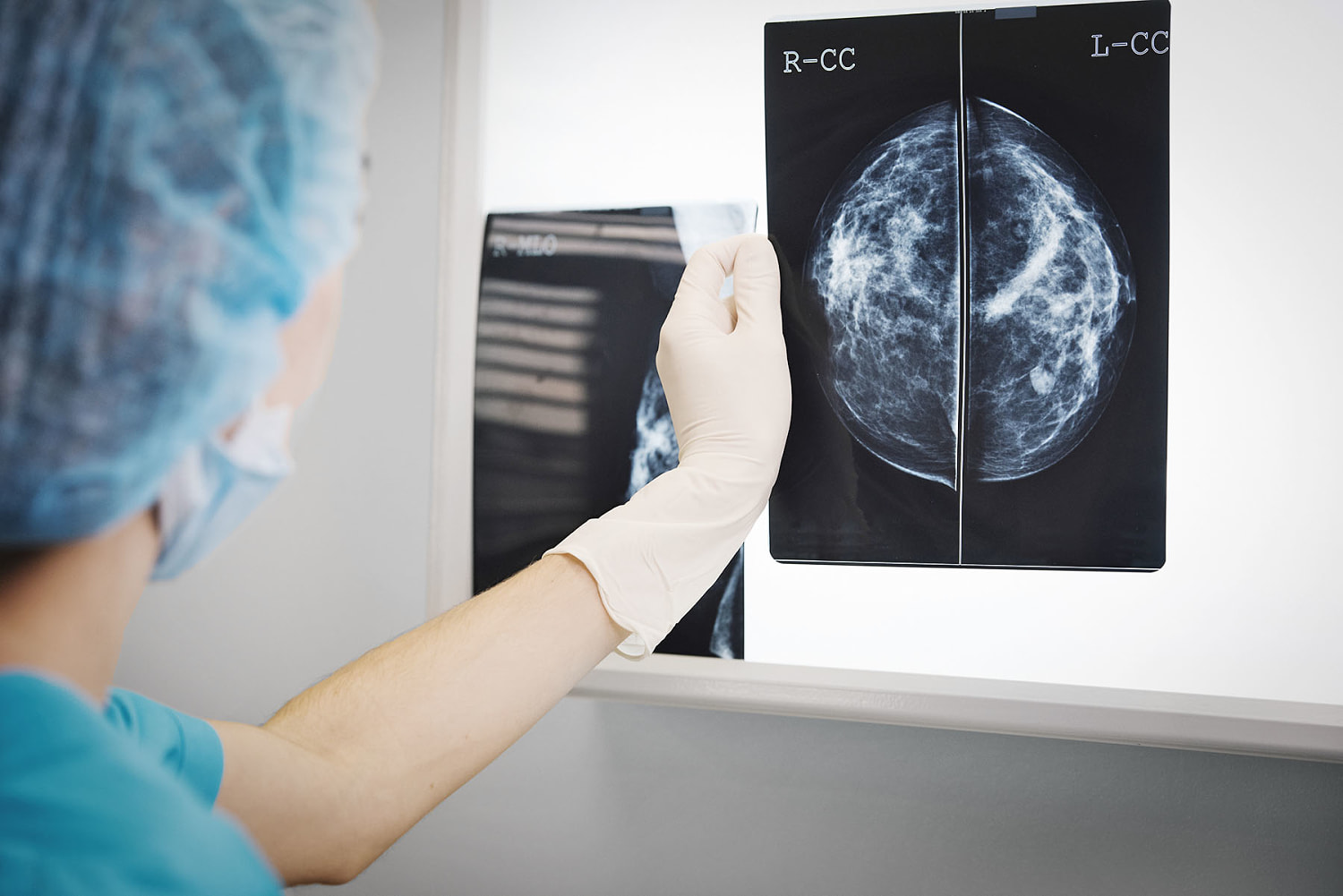
News
August 20, 2025
Study reveals how fat cells can fuel cancer tumors
Certain breast cancer tumors may feed on neighboring fat cells, a new study reveals. It helps uncover why being overweight is linked to higher breast cancer risk.
**Fat Cells: An Unexpected Energy Source for Breast Cancer Tumors, Study Finds**
A groundbreaking new study has shed light on a potentially dangerous relationship between fat cells and breast cancer, revealing how tumors may exploit neighboring fat tissue as a fuel source. The research helps explain the established link between obesity and an increased risk of developing breast cancer, offering a crucial piece in the complex puzzle of cancer development.
Scientists have long known that being overweight or obese elevates the risk of various cancers, including breast cancer. However, the precise mechanisms driving this connection have remained somewhat mysterious. This latest study offers a compelling explanation, suggesting that certain breast cancer tumors possess the ability to essentially "feed" on the energy stored in nearby fat cells, effectively accelerating their growth and spread.
The study, details of which are soon to be published in a leading scientific journal, focused specifically on certain types of breast cancer. Researchers discovered that these tumors exhibit a remarkable capacity to extract lipids, the primary component of fat cells, from the surrounding adipose tissue. This process provides the cancer cells with a readily available source of energy, enabling them to proliferate more rapidly and potentially become more resistant to treatment.
The implications of these findings are significant. Understanding how cancer cells utilize fat as fuel opens up new avenues for developing targeted therapies. For instance, future research could focus on disrupting the mechanisms that allow tumors to absorb lipids from fat cells, effectively starving the cancer and preventing its growth.
Furthermore, the study reinforces the importance of maintaining a healthy weight through diet and exercise as a preventative measure against breast cancer. While genetic predisposition and other factors play a role in cancer development, this research highlights the tangible impact of lifestyle choices on reducing the risk.
While the study is a significant step forward, researchers emphasize that further investigation is needed to fully understand the intricacies of this tumor-fat cell interaction. Future research will focus on identifying the specific types of breast cancer most reliant on this energy source and developing strategies to effectively target this metabolic pathway. The ultimate goal is to translate these findings into improved prevention and treatment strategies for breast cancer patients.
A groundbreaking new study has shed light on a potentially dangerous relationship between fat cells and breast cancer, revealing how tumors may exploit neighboring fat tissue as a fuel source. The research helps explain the established link between obesity and an increased risk of developing breast cancer, offering a crucial piece in the complex puzzle of cancer development.
Scientists have long known that being overweight or obese elevates the risk of various cancers, including breast cancer. However, the precise mechanisms driving this connection have remained somewhat mysterious. This latest study offers a compelling explanation, suggesting that certain breast cancer tumors possess the ability to essentially "feed" on the energy stored in nearby fat cells, effectively accelerating their growth and spread.
The study, details of which are soon to be published in a leading scientific journal, focused specifically on certain types of breast cancer. Researchers discovered that these tumors exhibit a remarkable capacity to extract lipids, the primary component of fat cells, from the surrounding adipose tissue. This process provides the cancer cells with a readily available source of energy, enabling them to proliferate more rapidly and potentially become more resistant to treatment.
The implications of these findings are significant. Understanding how cancer cells utilize fat as fuel opens up new avenues for developing targeted therapies. For instance, future research could focus on disrupting the mechanisms that allow tumors to absorb lipids from fat cells, effectively starving the cancer and preventing its growth.
Furthermore, the study reinforces the importance of maintaining a healthy weight through diet and exercise as a preventative measure against breast cancer. While genetic predisposition and other factors play a role in cancer development, this research highlights the tangible impact of lifestyle choices on reducing the risk.
While the study is a significant step forward, researchers emphasize that further investigation is needed to fully understand the intricacies of this tumor-fat cell interaction. Future research will focus on identifying the specific types of breast cancer most reliant on this energy source and developing strategies to effectively target this metabolic pathway. The ultimate goal is to translate these findings into improved prevention and treatment strategies for breast cancer patients.
Category:
Politics